How to treat sunburn at home and when to go and see a doctor
Doctor-recommended home remedies and advice on how to treat sunburn to help alleviate discomfort and promote healing
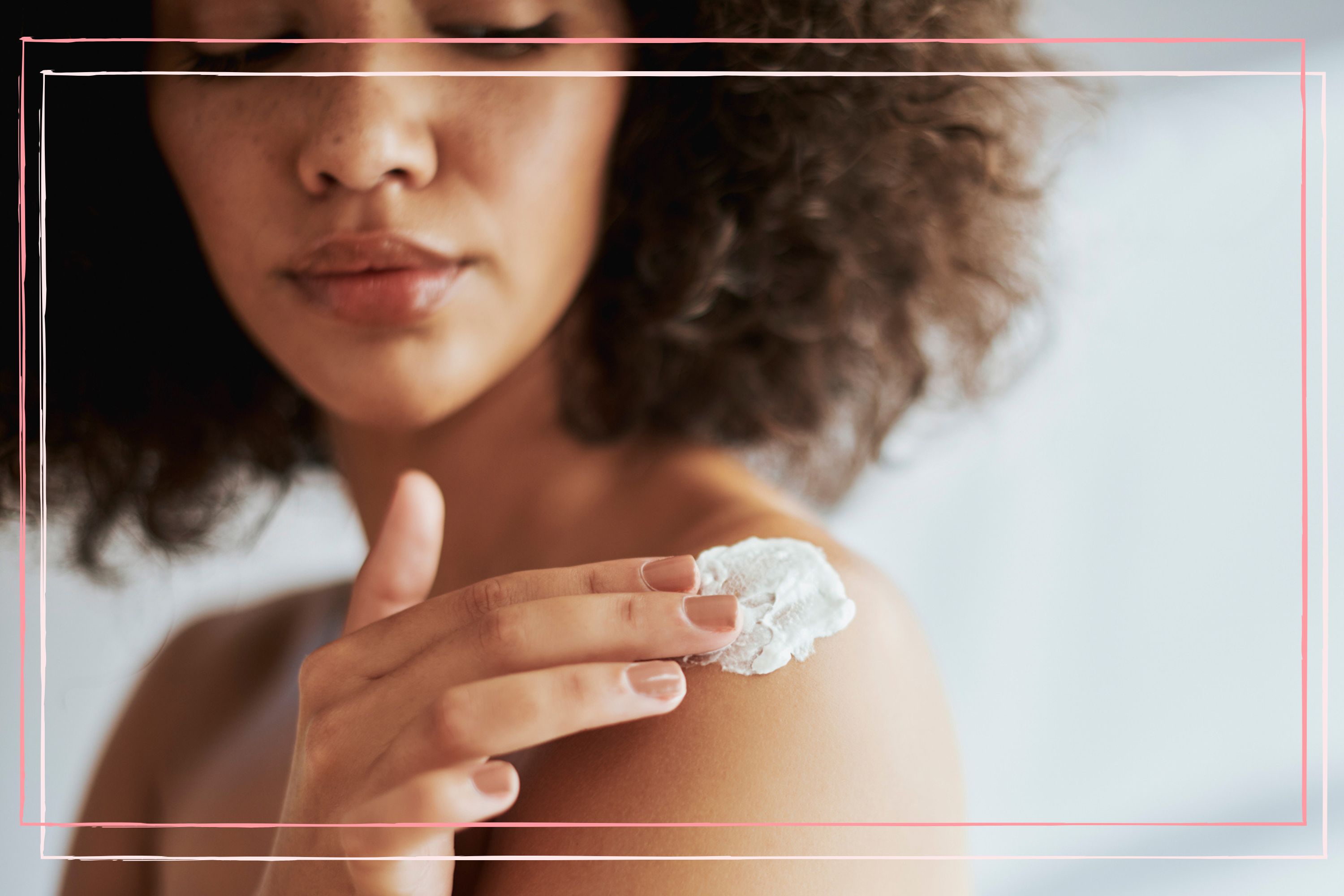

Doctors and dermatologists shared their expert advice with us on how to treat sunburn at home and when you should consult a doctor to get the severity of your sunburn assessed and the appropriate treatment recommended.
While we all know how important it is to prevent sunburn and protect our skin from sun damage, sometimes accidents do happen and we’ve all found ourselves suffering from the odd sunburn at some point whether that be at home or abroad.
If you find yourself a little sunburnt, there are various home remedies you can try to treat sunburn at home if it isn’t too severe, and we’ve listed all of the remedies below that have been recommended to us by doctors and dermatologists to help alleviate the discomfort of sunburn and promote healing.
Dr Karishma Hemmady, consultant dermatologist at Stratum Clinics, provided her expert and evidence-based advice for this article, along with GP Dr Saniyya Mahmood and dermatologists Dr Dendy Engelman and Dr Cynthia Bailey.
While all of the remedies for treating sunburn at home featured in this article have been recommended by doctors, it's essential to remember that sunburn is a form of skin damage, and repeated exposure to the sun without protection can increase the risk of long-term skin damage and skin cancer. To prevent sunburn and protect your skin, it's crucial to use good quality sun cream (check your sun cream isn’t out of date before applying), reapply sun cream regularly whilst in the sun, wear protective clothing, and seek shade when spending time outdoors, especially during peak sun hours.
The information in this article is for general purposes only and does not take the place of medical advice. It is essential to take note of official NHS advice and if you are unsure whether your sunburn requires medical attention, it is always best to contact your GP and seek personalised advice from a doctor as soon as possible.
How to treat sunburn
The first thing you need to do if you realise you or your child is sunburned is get out of the sun. Dr Hemmady advises that you, "move to a shaded or indoor area to prevent further sun exposure." You will also need to assess how bad the sunburn is - Dr Hemmady advises that you should seek medical attention as soon as possible if needed: "If the sunburn is severe, with blistering, fever, or extreme pain, seek medical attention. Severe sunburn may require medical assessment and attention."
GoodtoKnow Newsletter
Parenting advice, hot topics, best buys and family finance tips delivered straight to your inbox.
If the sunburn is not severe, then Dr Hemmady advises taking the following initial steps:
- Cool the skin: Take a cool bath or shower, or apply cool compresses to the sunburned area.
- Hydrate: Drink plenty of water to help rehydrate the body, as sunburn can cause dehydration.
- Moisturize: Apply aloe vera gel or a soothing moisturizer to the affected area to help soothe the skin and promote healing.
- Take pain relievers: Over-the-counter pain relievers such as ibuprofen or acetaminophen can help reduce pain and inflammation associated with sunburn. (Check with the pharmacist or your GP before taking any over-the-counter medicine)
- Avoid further irritation: Avoid tight clothing or anything that may rub against the sunburned skin and worsen irritation.
Home remedies and treatments for sunburn
If you have followed the above initial steps after realising you have a sunburn, there are various remedies and treatments you can try at home to help alleviate the discomfort of sunburn and promote healing.
These tips will help to ease discomfort from your sunburn and may prevent it from getting any worse, but they won't get rid of the sunburn as the skin heals on its own.
1. Try a cool compress
Cooling down the burnt area is possibly the most effective way of reducing inflammation. "Apply cool, damp compresses to the sunburned area to help soothe the skin and reduce inflammation," suggests Dr Hemmady.
A cool compress can be made by dampening a cloth with cold water. Don’t use ice to create the compress and do not use ice packs on sunburnt skin, as this can cause further irritation.
2. Apply aloe vera
Moisturising your skin using products containing aloe vera are a good option, as they're rich in vitamins A, C and E and have been shown to have anti-inflammatory properties which can calm sunburn.
"Apply pure aloe vera gel to the sunburned skin," says Dr Hemmady. "Aloe vera has cooling and soothing properties that can help relieve pain and promote healing."
Dr Saniyya Mahmood told us: "It is best to use the pure form of aloe rather than it being mixed with other products that may contain alcohol, which can cause further irritation. Pure aloe from the extract can be found in various forms, such as gel, lotion or cream."
3. Moisturise
Moisturising is a vital step in after-sun skincare whether or not you've been sunburnt, as using an after-sun or rich, hydrating moisturiser will help rehydrate your skin.
"Apply a gentle, non-fragranced moisturizer to the sunburned area to help prevent dryness and peeling," says Dr Hemmady.
Dermatologist Dr. Dendy Engelman advises, "It's important to treat the sunburn with products that have ingredients like vitamin E, which helps the skin heal and neutralise free radicals. Vitamins A and E work with the skin to promote cell regeneration."
4. Drink plenty of water
Dr Hemmady explains that it is important to, "help rehydrate the body, as sunburn can lead to dehydration." Dehydration can in turn worsen the effects of sunburn, so it’s important to drink plenty of fluids to prevent the sunburn from worsening and to help your body heal.
"Drinking water is essential for overall health and hydration," says Dr Hemmady on the benefits of drinking water in general. "Staying hydrated by drinking water can help support the body's natural healing process, especially if someone is experiencing dehydration due to sunburn.
"Sunburn can lead to fluid loss through the skin, causing dehydration, which can worsen symptoms such as fatigue and headache. Drinking water helps replenish lost fluids, which can aid in recovery.
"While drinking water won't directly alleviate the discomfort of sunburn, it's important to stay hydrated to support overall health and well-being during the healing process. Additionally, hydrating the body can help prevent further complications from sunburn, such as heat exhaustion or heatstroke."
In terms of how much water you should be drinking, in general it is recommended you drink eight 8-ounce glasses a day - which is about 2 litres a day.
5. Try an oatmeal bath
"Taking a cool bath with colloidal oatmeal can help soothe sunburned skin and reduce itching," says Dr Hemmady. She explains, "soaking in an oatmeal bath can help reduce inflammation caused by sunburn. Oatmeal contains compounds such as phenols and avenanthramides, which have anti-inflammatory properties. These compounds can help soothe irritated skin, reduce redness, and alleviate discomfort associated with sunburn."
To make an oatmeal bath for sunburn relief, Dr Hemmady suggests following these steps:
- Grind oatmeal into a fine powder using a blender or food processor.
- Fill a bathtub with lukewarm water.
- Add the ground oatmeal to the bathwater and mix well to ensure it dissolves.
- Soak in the oatmeal bath for 15-20 minutes, gently patting the skin with the oatmeal-infused water.
"Alternatively, you can use colloidal oatmeal, which is finely ground oatmeal that readily dissolves in water and is available in many drugstores and online," says Dr Hemmady.
"Soaking in an oatmeal bath can help hydrate the skin, reduce inflammation, and provide relief from sunburn symptoms," adds Dr Hemmady. "However, it's essential to remember that an oatmeal bath may not provide complete relief for severe sunburn, and it's always a good idea to combine its use with other sunburn remedies, such as cool compresses, moisturizers, and pain relievers, for optimal relief. If you have any concerns or if the sunburn is severe, it's best to consult a healthcare professional."
6. Over-the-counter pain relievers
If the sunburn is painful, Dr Hemmady suggests heading to the pharmacy and getting some over the counter pain relief to help with both the discomfort and the inflammation that might be caused by sunburn. "Nonsteroidal anti-inflammatory drugs (NSAIDs) such as ibuprofen or acetaminophen can help reduce pain and inflammation associated with sunburn," says Dr Hemmady.
Some medicines are not safe for everyone (for example, for children or if you're pregnant). You should always check the leaflet and speak to a pharmacist or your doctor before taking over-the-counter medicine.
7. Avoid further sun exposure
"Keep sunburned skin covered and protected from further sun exposure until it has healed completely," advises Dr Hemmady.
8. Stay cool
If you need to be outside while your sunburn is healing, Dr Hemmady advises that you, "Try to stay in a cool, shaded area to prevent further discomfort from heat and sun exposure."
9. Avoid harsh soaps and detergents
"Use gentle, non-irritating cleansers and avoid harsh soaps or detergents that may further irritate sunburned skin," suggests Dr Hemmady.
10. Apply Sudocrem
One of the many uses of Sudocrem is that it can provide some relief for the soreness of sunburn. Dr Hemmady explains, "Sudocrem is a topical antiseptic cream commonly used to soothe and protect the skin. While it's not specifically formulated for sunburn, its properties can help alleviate some of the discomfort associated with sunburn.
"Sudocrem contains ingredients such as zinc oxide, which has mild astringent properties that can help soothe irritated skin and reduce inflammation. Additionally, Sudocrem forms a protective barrier over the skin, which can help prevent further irritation and promote healing.
"When using Sudocrem for sunburn relief, apply a thin layer to the affected area and gently massage it into the skin. Reapply as needed, especially after bathing or swimming. However, it's important to note that Sudocrem may not provide complete relief for severe sunburn, and it's always a good idea to combine its use with other sunburn remedies, such as cool compresses, moisturisers, and pain relievers, for optimal relief. If you have any concerns or if the sunburn is severe, it's best to consult a healthcare professional."
11. Try a homemade cucumber mixture
This is an old wives' tale for sunburn remedies, but according to dermatologist Dr Cynthia Bailey, it actually can work. "Cucumbers are rich in natural botanical compounds that have both antioxidant and analgesic properties," she explains.
"The best way to use cucumbers on sunburned skin is to make a paste of chilled cucumber. Chill your cucumbers, then use your kitchen blender to create a paste. Apply the paste to sunburned skin to help soothe sunburn pain and inflammation naturally.
"You can add some of the aloe vera juice or gel to your cucumber paste to combine the healing properties of both. Remember to use cool gel or paste as the coolness also speeds recovery by constricting your skin's capillaries, which are bringing in the building blocks of pain and inflammation."
Remember that severe sunburns may require medical attention. If you experience severe pain, blistering, fever, or other concerning symptoms, it's important to seek medical advice from a doctor.
How to get rid of sunburn fast
Dr Hemmady gave the following advice for those looking to get rid of sunburn or sunburn symptoms as fast as possible:
- Cool compresses or cool baths: Applying cool compresses to the affected area or taking a cool bath can help soothe the skin and reduce inflammation. Avoid using ice directly on the skin, as it can further damage sunburned skin.
- Hydrate: Drink plenty of water to help replenish fluids lost through sunburn and prevent dehydration.
- Moisturise: Applying moisturising lotion or aloe vera gel to the sunburned area can help soothe the skin and prevent it from drying out, which can accelerate the healing process.
- Pain relievers: Over-the-counter pain relievers such as ibuprofen or acetaminophen can help reduce pain and inflammation associated with sunburn.
- Avoid further sun exposure: Protect sunburned skin from further damage by staying out of the sun and covering up with clothing or seeking shade.
- Stay cool: Avoid heat and humidity, as they can exacerbate sunburn symptoms. Stay in air-conditioned or cool environments whenever possible.
- Hydrocortisone cream: Over-the-counter hydrocortisone cream can help reduce inflammation and itching associated with sunburn.
- Stay hydrated: Drink plenty of fluids to prevent dehydration, which can worsen sunburn symptoms.
- Avoid harsh soaps and fragrances: Use gentle, fragrance-free cleansers and avoid harsh soaps or products that may irritate sunburned skin.
- Refrain from picking or peeling: Avoid picking at or peeling sunburned skin, as this can increase the risk of infection and slow down the healing process.
How long does sunburn last?
The duration of sunburn can vary depending on several factors, including the severity of the burn, individual skin type, and how quickly treatment is administered. The NHS says that sunburn, "usually gets better within 7 days."
Dr Hemmady explains:
- Minor sunburns - Minor sunburns typically resolve within a few days to a week. During this time, you may experience redness, pain, and peeling as the skin heals.
- Moderate sunburns - Moderate sunburns are characterised by more extensive redness, blistering, and swelling, may take longer to heal, typically around one to two weeks.
- Severe sunburns - Severe sunburns such as those that result in second-degree burns or sun poisoning, can take several weeks to heal completely. These burns may require medical treatment to prevent infection and promote healing.
When to go and see a doctor about sunburn
Dr Hemmady advises that you should see a doctor about sunburn if you experience any of the following:
- Severe pain: If your sunburn is causing severe pain that does not improve with over-the-counter pain relievers, it may be a sign of a more serious burn that requires medical attention.
- Blisters: Blisters that develop on sunburned skin can indicate a second-degree burn, which may require medical treatment to prevent infection and promote healing.
- Fever and chills: If you develop a fever, chills, nausea, or vomiting in addition to sunburn, it may be a sign of sun poisoning or heatstroke, which require immediate medical attention.
- Dehydration: Severe sunburn can lead to dehydration, especially if accompanied by symptoms such as dizziness, weakness, or dark urine. If you are unable to drink fluids or if you are experiencing signs of dehydration, seek medical attention.
- Signs of infection: If your sunburned skin becomes red, swollen, warm to the touch, or oozes pus, it may be infected. Signs of infection require prompt medical treatment to prevent complications.
- Severe swelling: If you experience severe swelling of the face, lips, or eyelids after sun exposure, it may be a sign of an allergic reaction called sun poisoning. Seek medical attention immediately if you experience severe swelling or difficulty breathing.
In general, if you are unsure whether your sunburn requires medical attention, it is always best to err on the side of caution and consult a doctor. They can assess the severity of your sunburn and provide appropriate treatment recommendations.
The NHS also advises that you should ask for an urgent GP appointment if your baby or young child has sunburn.
Disclaimer
The information on GoodTo.com does not constitute medical or other health advice or diagnosis and should not be used as such. Although GoodtoKnow consults a range of medical experts to create and fact-check content, this information is for general purposes only and does not take the place of medical advice. Always seek the guidance of a qualified health professional or seek urgent medical attention if needed.
Our experts

Dr Karishma Hemmady is a consultant dermatologist, who sees patients at East and North Hertfordshire NHS Trust and also in private practice at Stratum Clinics and The Harley Street Dermatology Clinic. Her scope of practice includes paediatric dermatology, as well as inflammatory skin conditions, autoimmune rashes, moles, lumps and bumps, as well as aesthetic dermatology procedures.

Dr Saniyya Mahmood is a GP with over eight years experience. Dr Mahmood graduated from the University of Liverpool and iscurrently working as a GP and in specialist dermatology clinics in the NHS. She is also the founder and medical director of Aesthetica Medical Clinic based in Leeds.

Dr. Dendy Engelman is a board certified dermatologic surgeon at Shafer Clinic Fifth Avenue. She is Director of Dermatologic Surgery at New York Medical College, where she oversees the training of future Mohs surgeons and dermatologists. She is also a fellow of the American Academy of Dermatology, American Society of Dermatologic Surgery and American College of Mohs Surgery.

Dr Cynthia Bailey is a board-certified dermatologist based in Sebastopol, California. Over the last 30+ years, she has personally helped over 15,000 patients overcome the frustration and embarrassment caused by rosacea, acne, melasma, sun damage - even dry skin and wrinkles. She is also one of the first dermatologists to incorporate diet and natural health advice into dermatology and the care that she provides for her patients.
Recent updates
This article was last updated on 13th July 2023 and was reviewed and updated again on May 9th 2024 to ensure that all information is up to date and reflects current expert advice on the topic.

An internationally published digital journalist and editor, Rachael has worked for both news and lifestyle websites in the UK and abroad. Rachael's published work covers a broad spectrum of topics and she has written about everything from the future of sustainable travel, to the impact of the coronavirus pandemic on the world we live in, to the psychology of colour.
- Grace WalshFeatures Writer
- Ellie HutchingsFamily News Editor
-
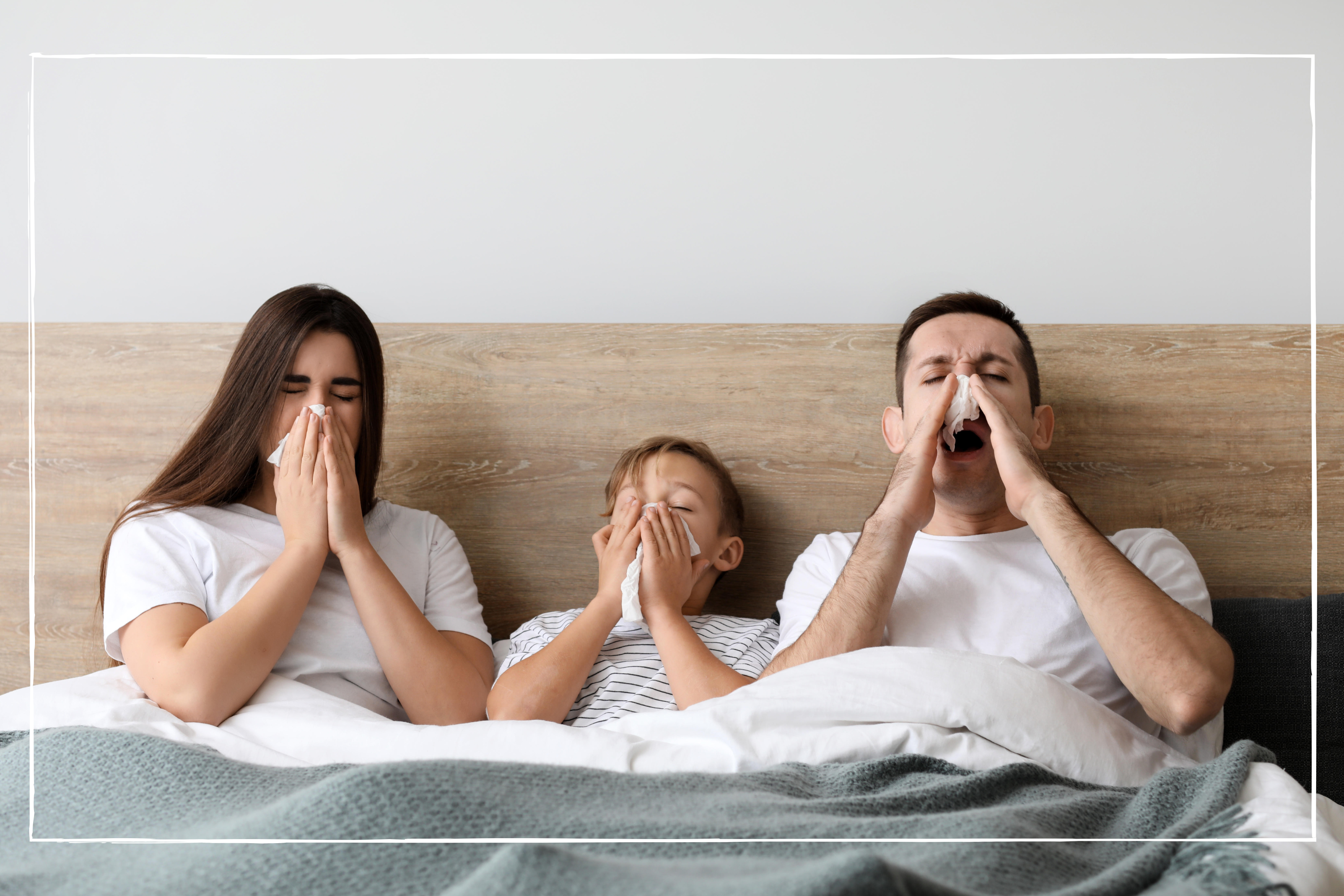 Natural cough remedies: 9 expert tips to cure a cough - including some surprising foods
Natural cough remedies: 9 expert tips to cure a cough - including some surprising foodsWe've spoken to the experts and put together a list of the best natural cough remedies for all the family
By Grace Walsh Last updated
-
 14 home treatments for dandruff, as recommended by doctors and hair experts
14 home treatments for dandruff, as recommended by doctors and hair expertsIf you have an itchy or sore scalp start with these home treatments for dandruff. You may even wish to try some before your scalp is producing flakes.
By Debra Waters Last updated
-
 How to whiten teeth naturally – and what not to use
How to whiten teeth naturally – and what not to useWe all want to look our best, and one way to do this is to know how to whiten teeth naturally so we can show off a bright white smile.
By Debra Waters Published
-
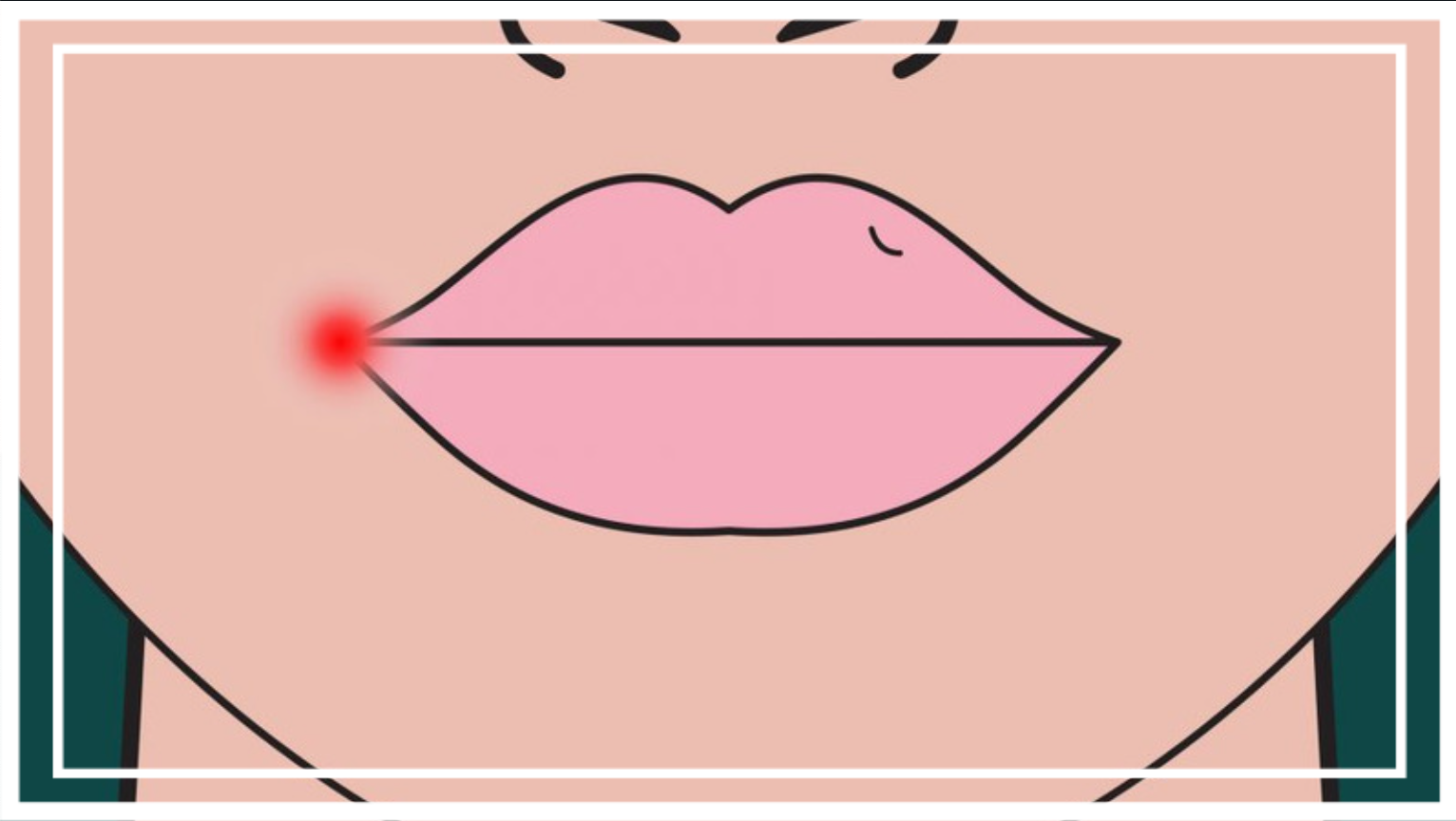 Natural remedies for cold sores and treatments recommended by doctors
Natural remedies for cold sores and treatments recommended by doctorsThe treatments and natural remedies for cold sores recommended by experts to help soothe discomfort and promote healing.
By Debra Waters Last updated
-
 Expert recommended cold remedies to try at home to help get rid of a cold fast
Expert recommended cold remedies to try at home to help get rid of a cold fastGPs and a naturopathic nutritionist recommend cold remedies you can try at home to help get rid of a cold as fast as possible
By Debra Waters Last updated
-
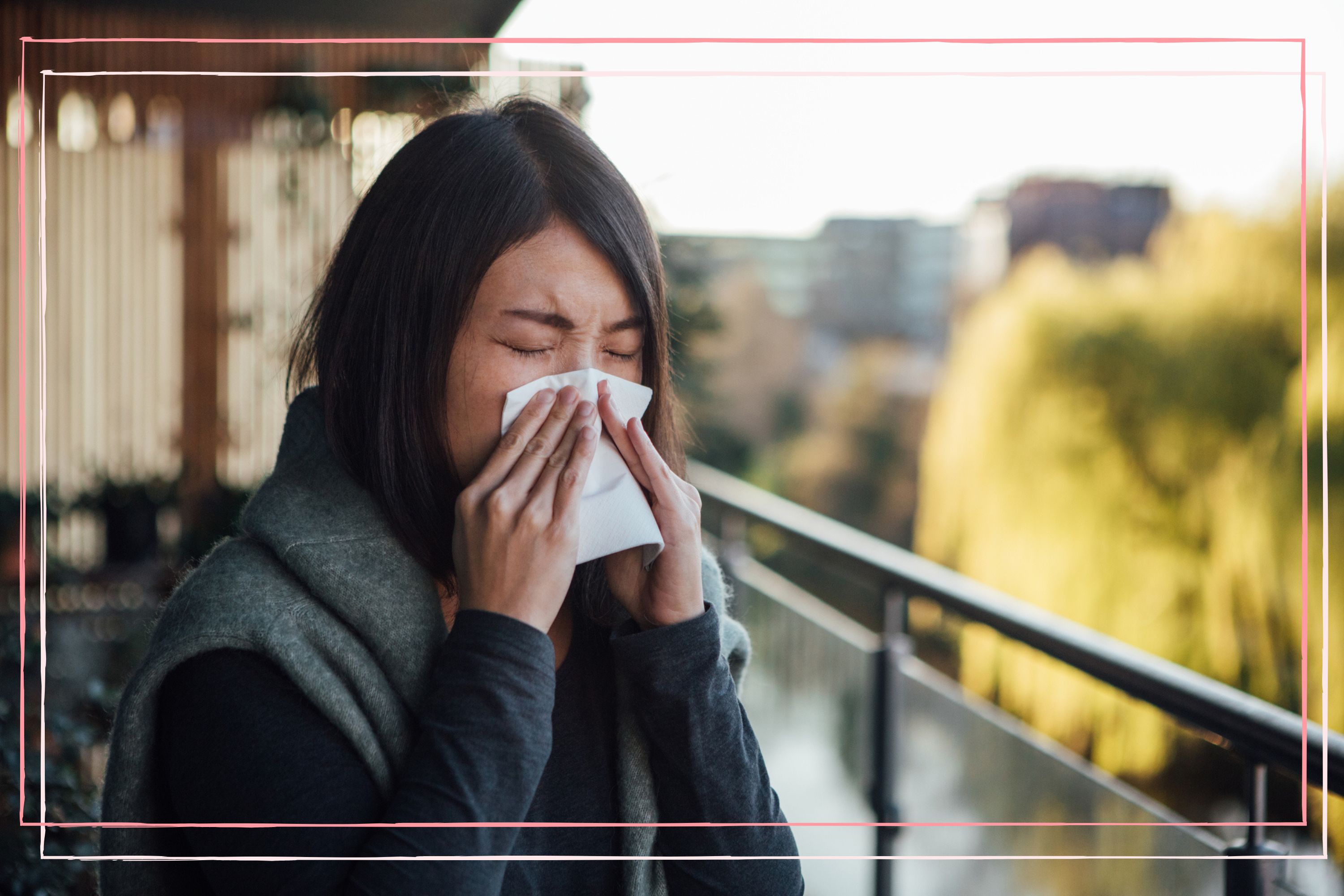 Natural remedies for hay fever, recommended by doctors, that can also be used in pregnancy
Natural remedies for hay fever, recommended by doctors, that can also be used in pregnancyThese natural remedies for hay fever are recommended by doctors for calming symptoms and can be used in pregnancy to help ease discomfort.
By Rachael Martin Last updated
-
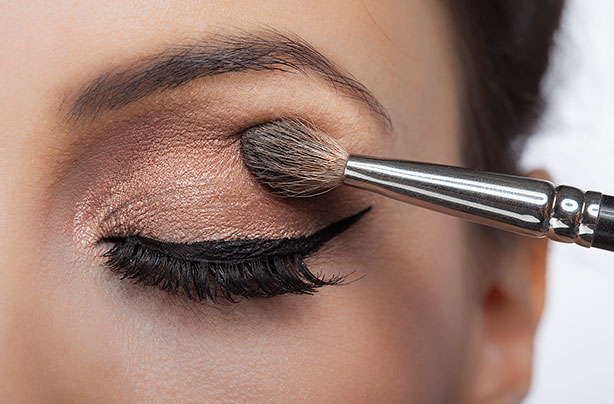 Natural remedies for hair loss: How to treat thinning hair
Natural remedies for hair loss: How to treat thinning hairIf you're suffering from hair loss or thinning hair there are a number of natural remedies you can try - say hello to thicker hair with these solutions!
By Jessica Dady Published
-
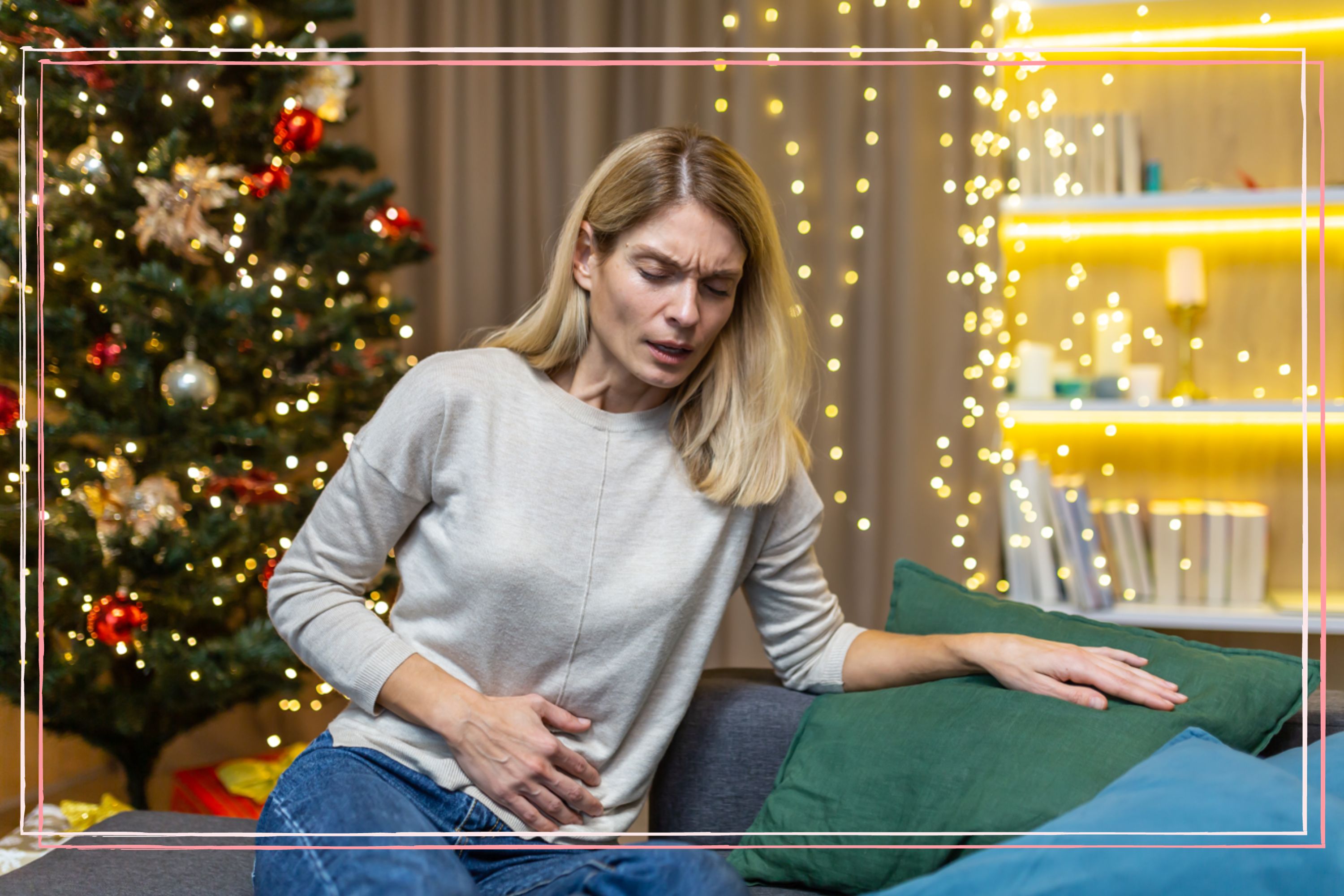 How to reduce bloating: 15 natural remedies to help beat the bloat
How to reduce bloating: 15 natural remedies to help beat the bloatNothing ruins your day quite like that horrible bloated feeling, so combat it quickly with our top tips.
By Ellie Hutchings Last updated